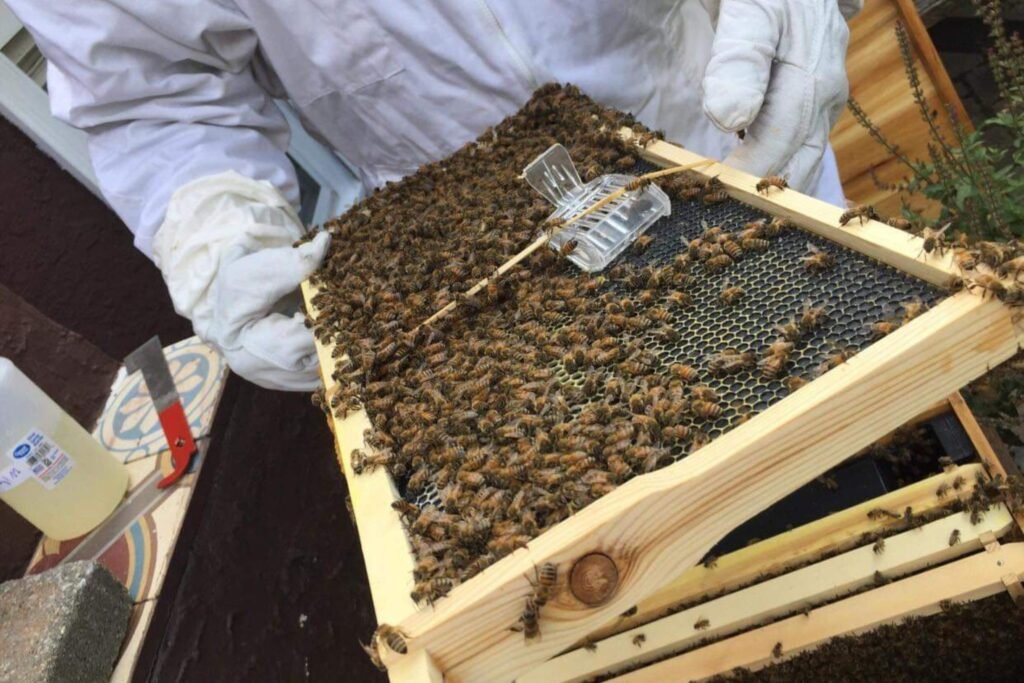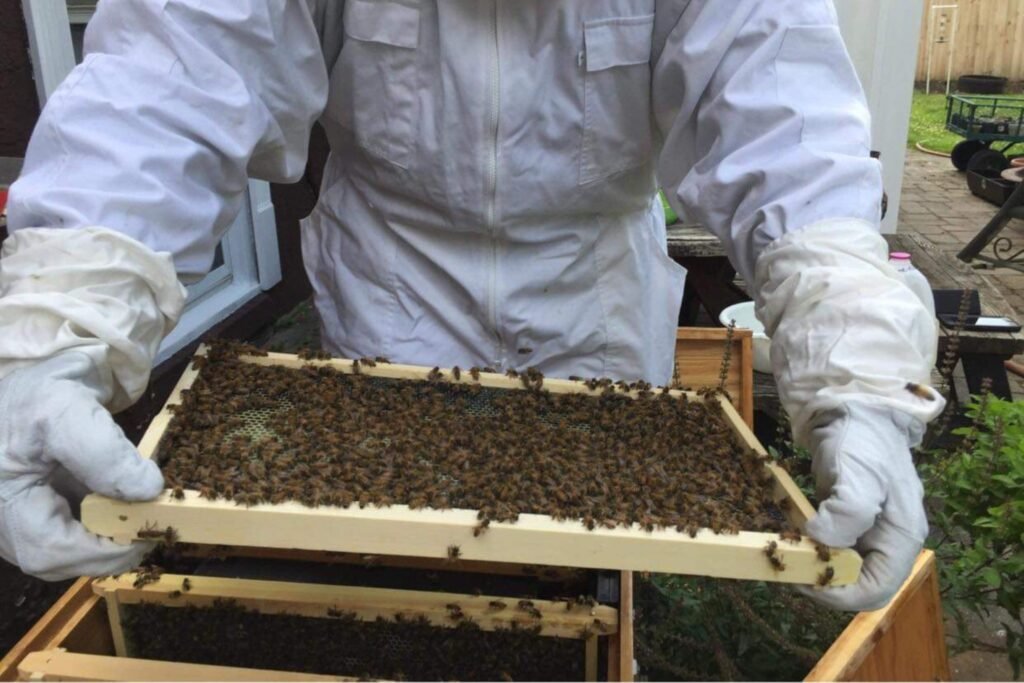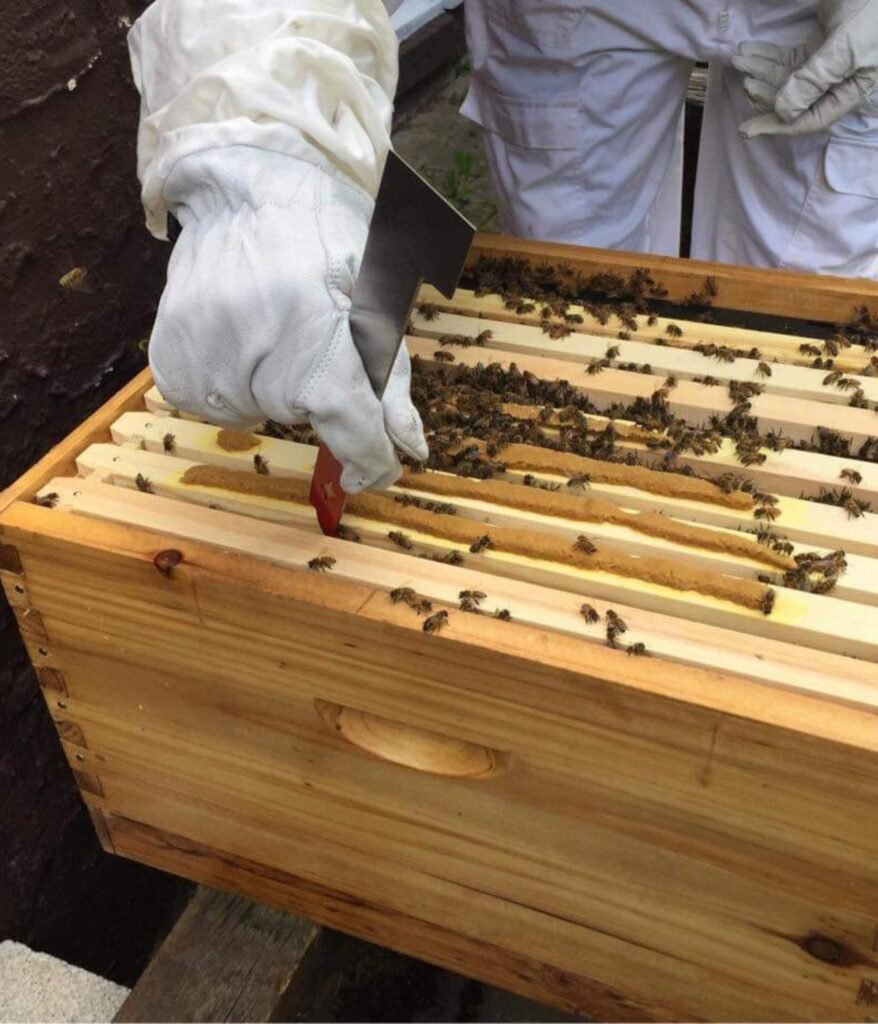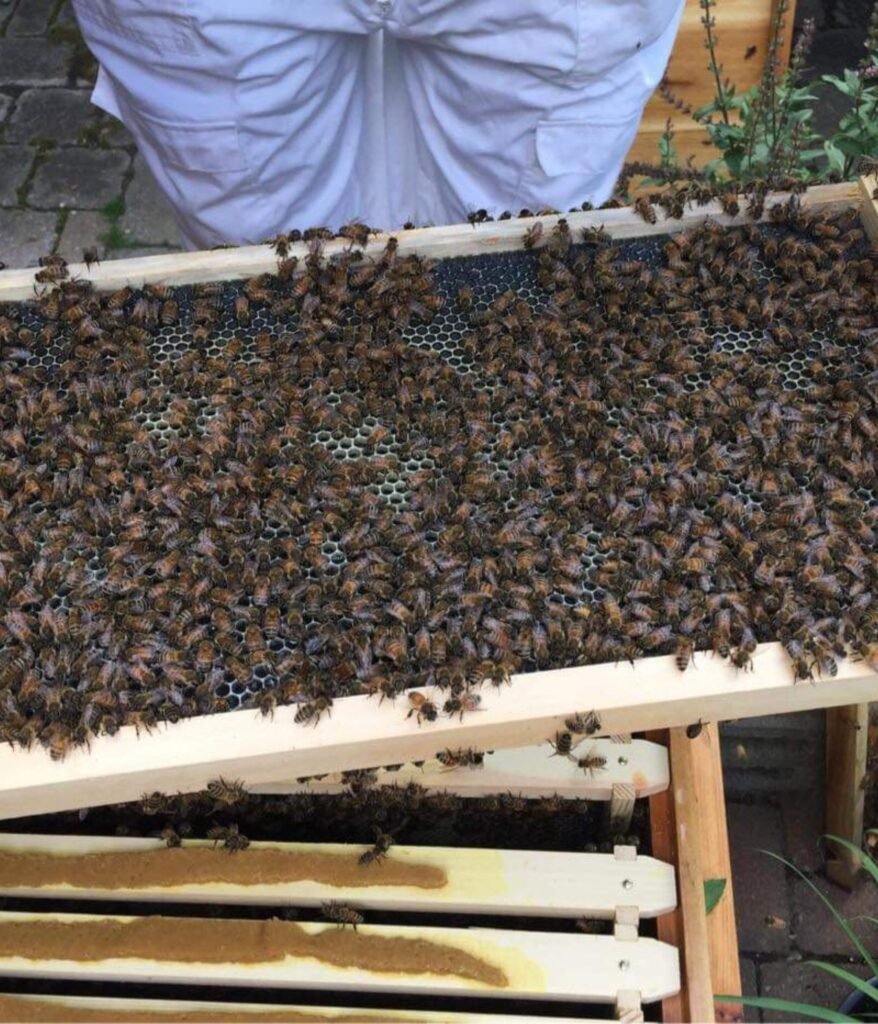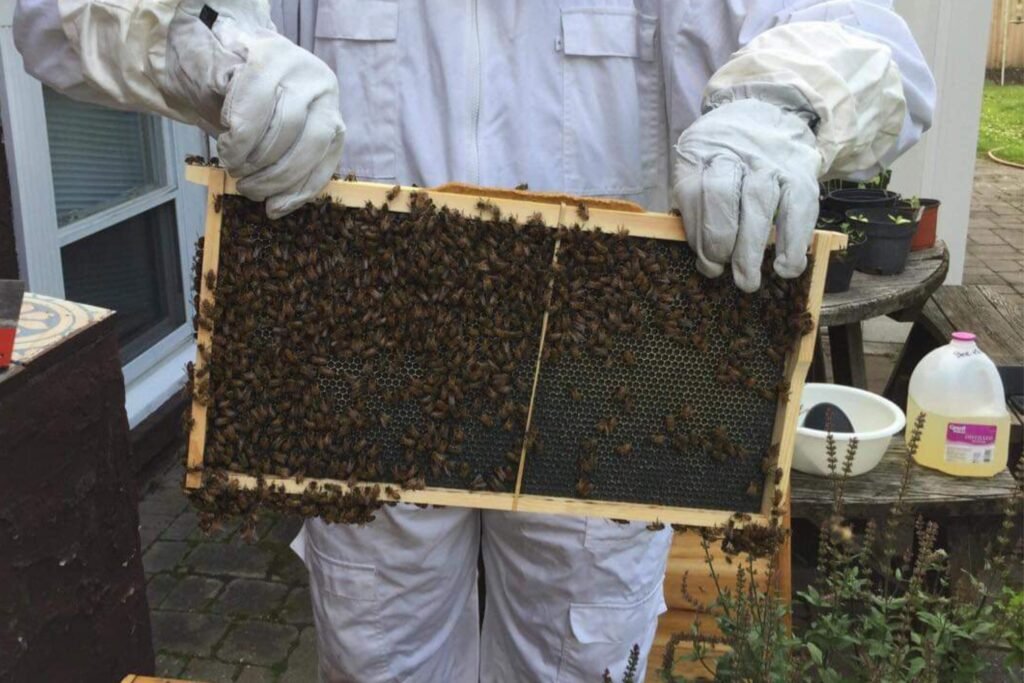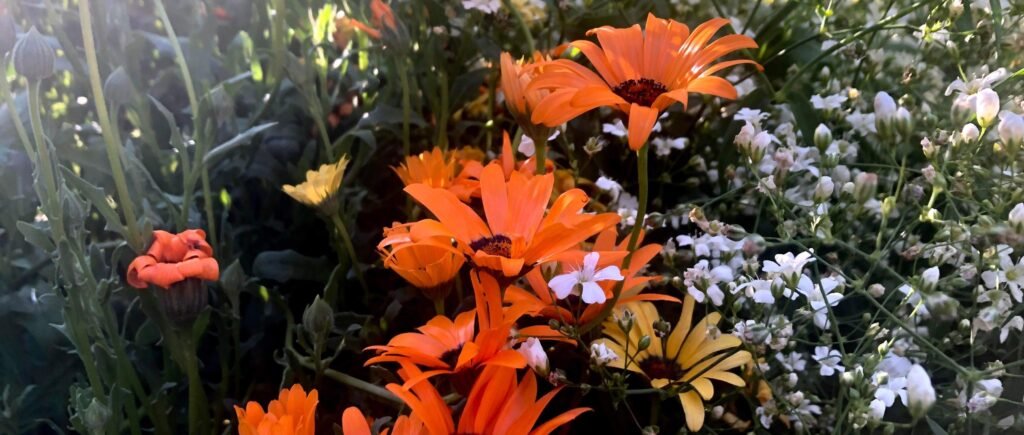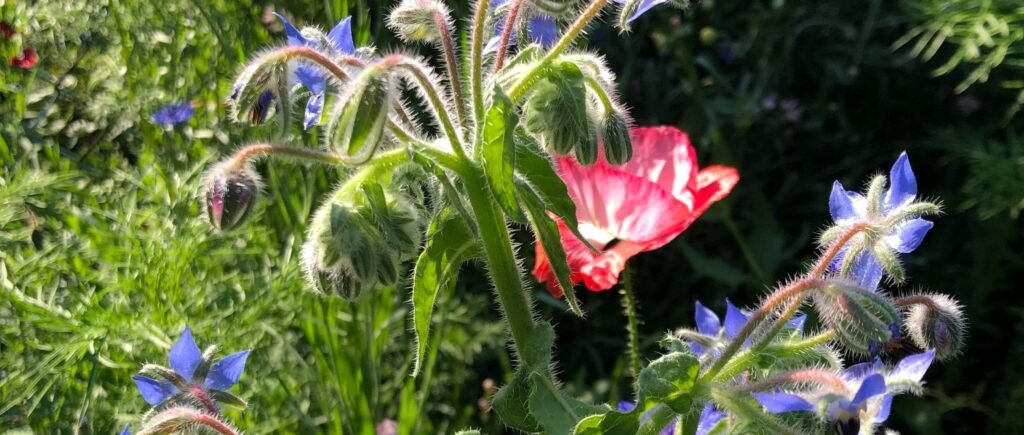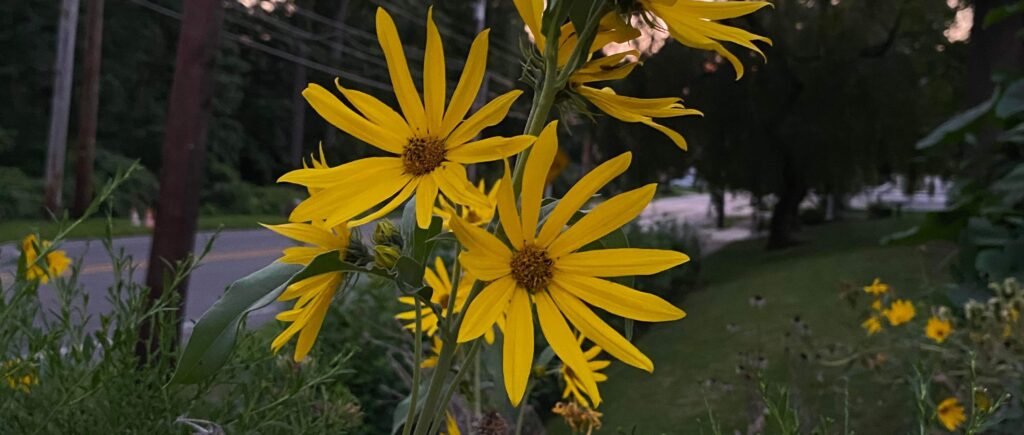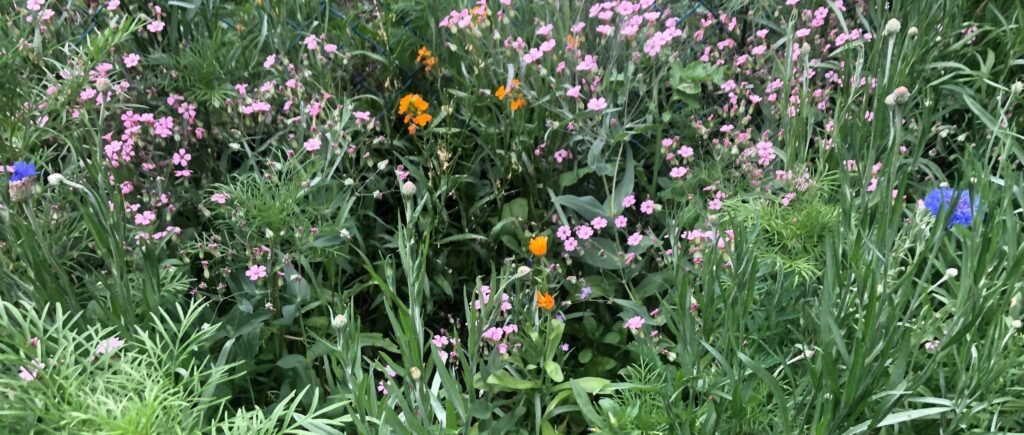The Importance of Beekeeping
Bees play a vital role in our ecosystem by pollinating plants, but they are facing significant challenges. As a result, the importance of beekeeping cannot be overstated. Beekeepers around the world are taking action to protect and nurture these essential creatures.
The Role of Bees in the Environment
Bees are crucial pollinators that facilitate the reproduction of plants. They transfer pollen from the male parts of a flower to the female parts, allowing plants to produce fruits, seeds, and new plants. Approximately 80% of flowering plants rely on bees and other pollinators for reproduction, making them key players in maintaining biodiversity.
Not only do bees contribute to the reproduction of plants, but they also support the growth of crops that are essential for human consumption. Without bees, many fruits, vegetables, and nuts would be scarce or nonexistent. They play a significant role in global food production, making beekeeping essential for food security.
Furthermore, the pollination services provided by bees contribute to the overall health of ecosystems. They help maintain the balance of various plant communities and support wildlife by providing food sources. Without bees, the delicate web of life would be disrupted, leading to a decline in biodiversity.
Benefits of Beekeeping
Beekeeping offers numerous benefits to both individuals and the environment. Firstly, it provides a source of income for many beekeepers. The honey produced by bees is a sought-after natural sweetener, and the demand for high-quality honey is continually growing. Beekeepers can sell their honey locally or even establish their own brand, tapping into the lucrative market for organic and artisanal honey.
In addition to honey, beekeepers can harvest other valuable products from their hives. Beeswax, which is produced by bees to build their honeycombs, has various uses in cosmetics, candles, and even as a natural wood polish. Pollen, collected by bees as a protein source, is also sought after for its health benefits. It can be used in dietary supplements, skincare products, and more. Similarly, propolis, a resinous substance collected by bees, has antibacterial properties and is used in medicinal products.
Furthermore, beekeeping can be a fulfilling hobby and a way to connect with nature. It provides an opportunity to learn about the intricate workings of a beehive and observe the fascinating behavior of bees. Many beekeepers find joy and satisfaction in nurturing and caring for these incredible insects.
Beekeeping Equipment and Tools
To engage in beekeeping, certain equipment and tools are necessary. The most essential item is the beehive, which serves as the home for the bees. There are different types of beehives, such as Langstroth hives and top-bar hives, each with its own advantages and considerations. Beekeepers also require protective gear, including a beekeeping suit, gloves, and a veil, to ensure their safety while working with the bees.
Other tools commonly used in beekeeping include a smoker, which is used to calm the bees during hive inspections, and a hive tool, which helps pry apart hive components. Beekeepers also need a honey extractor to harvest honey from the frames, as well as brushes, feeders, and various containers for storing and processing honey and other hive products.
Getting Started with Beekeeping
If you’re interested in becoming a beekeeper, there are several steps you need to take. Firstly, it’s important to educate yourself about beekeeping practices and the specific requirements in your region. Joining a local beekeeping association or taking beekeeping courses can provide valuable knowledge and guidance.
Next, you’ll need to decide on the type of beehive you want to use and acquire the necessary equipment. It’s recommended to start with a small number of hives, allowing you to gain experience and gradually expand your beekeeping operation. Choosing a suitable location for your beehives is crucial, considering factors such as access to forage, protection from harsh weather conditions, and proximity to neighbors.
Once you have your equipment and location ready, it’s time to acquire bees. You can purchase packaged bees or nucleus colonies from reputable suppliers. Alternatively, you may be able to catch a swarm of bees, although this requires experience and caution. Introducing the bees to the hive and ensuring they have a healthy environment is essential for their well-being and productivity.
Beekeeping Challenges and How to Overcome Them
Beekeeping is not without its challenges. One of the main threats to bee populations is the use of pesticides, which can harm bees and their colonies. It’s important for beekeepers to be aware of pesticide use in their vicinity and take measures to minimize exposure to their bees. This may involve communicating with local farmers and encouraging the use of bee-friendly practices.
Habitat loss is another significant challenge for bees. As natural landscapes are converted into agricultural or urban areas, bees lose access to diverse sources of nectar and pollen. Beekeepers can help mitigate this by providing additional forage through the planting of bee-friendly flowers and creating bee-friendly habitats.
Climate change also poses risks to bees, as it can disrupt the timing of flowering plants and affect the availability of resources. Beekeepers can adapt by monitoring weather patterns and adjusting their management practices accordingly. Providing additional food sources during periods of scarcity and ensuring adequate hive insulation are some strategies to help bees cope with the effects of climate change.
Beekeeping Best Practices
To ensure the health and productivity of your beehives, it’s important to follow beekeeping best practices. Regular hive inspections allow you to monitor the condition of the bees, identify signs of disease or pests, and take appropriate action. Maintaining good hygiene by cleaning and sterilizing equipment helps prevent the spread of pathogens.
It’s also crucial to provide sufficient nutrition for the bees. This can be achieved by planting a diverse range of flowering plants and avoiding the use of pesticides. Supplemental feeding may be necessary during periods of nectar dearth or when colonies are building up their population.
Finally, beekeepers should prioritize the well-being of their bees by avoiding unnecessary disturbances and providing a suitable environment. This includes protecting the hives from extreme weather conditions, ensuring proper ventilation, and providing adequate space for the bees to expand their colony.
Harvesting and Processing Honey
One of the most rewarding aspects of beekeeping is harvesting and processing honey. This process involves carefully removing honey-filled frames from the beehive, uncapping the cells to release the honey, and extracting it using a honey extractor. The extracted honey is then filtered to remove impurities and stored in clean containers.
Processing honey involves ensuring its quality and safety. Properly processed honey has a longer shelf life and retains its natural flavor and nutritional benefits. It’s important to handle honey hygienically, avoiding contamination and following local regulations regarding food handling and labeling.
Beekeeping as a Business Opportunity
Beekeeping has the potential to be a profitable business venture. With the increasing demand for high-quality honey and other hive products, beekeepers can tap into local and international markets. Establishing a brand and marketing the unique qualities of your honey can help differentiate your products and attract customers.
In addition to selling honey, beekeepers can explore various revenue streams. These may include selling beeswax, pollen, propolis, and other hive products. Value-added products such as beeswax candles, honey-based skincare products, and honey-infused food items can also be developed to diversify the business and cater to different customer preferences.
Conclusion: The Future of Beekeeping and Its Impact
Beekeeping is not just a hobby or a business opportunity; it’s a crucial endeavor for the preservation of our planet’s biodiversity and the security of our future food supply. By supporting beekeepers and engaging in beekeeping practices, we can contribute to the conservation of honeybees and the overall health of our ecosystems.
The importance of beekeeping extends beyond the production of honey and hive products. It is a proactive step towards addressing the challenges faced by bees and mitigating the threats to their survival. By creating bee-friendly habitats, reducing pesticide use, and promoting sustainable farming practices, we can ensure the well-being of bees and the vital services they provide.
Whether you’re an aspiring beekeeper or simply someone who appreciates the role of bees in our environment, understanding the importance of beekeeping is essential. By nurturing these incredible insects, we can make a significant impact on honeybee conservation, contribute to the local ecosystem, and enjoy the delicious fruits of our labor. Let’s work together to protect and support these essential creatures for a sustainable future.
This blog article has highlighted the importance of beekeeping in our ecosystem, the benefits it offers, the necessary equipment and tools, how to get started, challenges faced by beekeepers, best practices, the process of harvesting and processing honey, the business opportunities in beekeeping, and the overall impact of beekeeping on the future. By following these guidelines, individuals can gain a comprehensive understanding of the subject and be inspired to take action in preserving bee populations.

